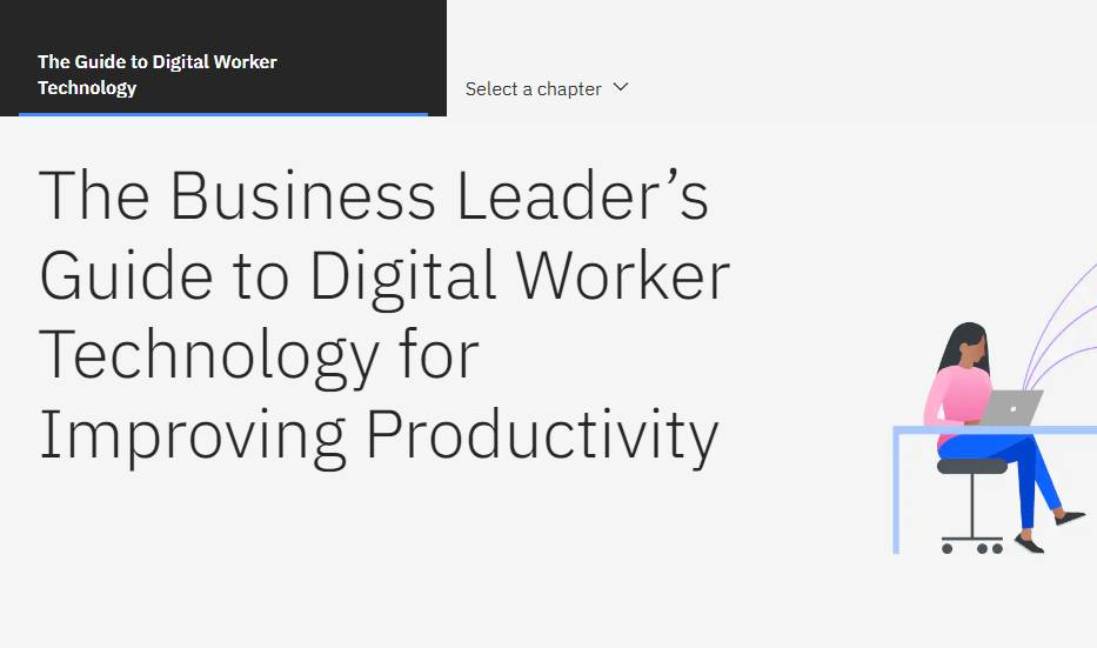“Shoehorning” female tech workers into management roles could harm inclusivity
Female newcomers in tech roles could be left feeling isolated in male dominated environments


Sign up today and you will receive a free copy of our Future Focus 2025 report - the leading guidance on AI, cybersecurity and other IT challenges as per 700+ senior executives
You are now subscribed
Your newsletter sign-up was successful
The practice of “shoehorning” high-performing female tech workers into management roles could be having an adverse effect on broader organizational diversity efforts, according to Code First Girls CEO, Anna Brailsford.
Speaking to ITPro at the 2023 Data Summit in Edinburgh, Brailsford warned that many female tech workers feel they have “no clear paths to career progression” and that some feel their only options are to move into management positions.
While on the surface this trend suggests a positive shift in ensuring female representation in management roles at tech companies, the practice can often have an adverse effect on visibility and prove detrimental to female newcomers in tech roles.
Women are frequently flagged as being prime candidates for being technical managers due to having a good balance of both soft and technical skills, as well as adept communications skills, Brailsford said.
But research from Code First Girls shows that, in many instances, women didn’t want to become technical managers, choosing instead to continue focusing on roles that are fulfilling and offer lateral career progression.
“When we listen to the stories of women, and I’d say nine out of ten said we do not want to become technical managers, but that is the only path to progression at our organization, and we’ll be forced to leave.”
Many women do end up leaving their organization because of this issue, Brailsford added. In response, Code First Girls has sought to address this trend by providing female tech workers with resources and opportunities to become “outstanding individual contributors”.
Sign up today and you will receive a free copy of our Future Focus 2025 report - the leading guidance on AI, cybersecurity and other IT challenges as per 700+ senior executives
During such a critical period fraught with skills shortages, organizations can ill afford to lose out on a vital pool of talent. ONS data shows that around 17,000 female tech workers left the industry between Q4 2022 and Q1 2023.
An additional 3,000 women were found to have dropped out of the sector between Q1 and Q2 2023.
Cultivating a broader pool of individual contributors in tech roles, Brailsford believes, is critical to ensuring a more inclusive industry that is appealing to women entering the workforce.
“When you look at the industry, in my view, that’s what they’re crying out for. It’s a yawning chasm. There’s nothing there to help them grow in that respect. And therefore they’re not retained, either.”
Long-term, a healthier tech industry will include a broader variety of female workers across all levels, Brailsford said. Figureheads in management and senior roles is, without question, a positive.
However, this shoehorning practice at firms highlights that many don’t realize the value in having exemplary women across different levels and areas of the workforce.
RELATED RESOURCE

Turn your workforce into a talent force
DOWNLOAD NOW
“When you look at the workforce and you look at what they would call the ‘distinguished engineers’ for the workforce, I want them to be women,” Brailsford said.
“Because right now there’s so few of them. And that’s very difficult for a woman walking into an environment and seeing all of the distinguished engineers around them are men. It’s very hard.
“I think that having good technical managers is just as important as having fantastic individual technical contributors.”
Research from the Tech Talent Charter (TTC) in September found that career progression was the biggest among the biggest concerns for female tech workers.
79.9% of respondents to the survey said they were dissatisfied with their career development and options for advancement.
Brailsford noted that regardless of whether the focus is on technical management positions or individual contributors, career progression for women in tech is still a contentious issue.
Research from IDC, for example, shows that only 25% of women believe they are likely to be promoted to executive management at their company compared to 54% of men.

Ross Kelly is ITPro's News & Analysis Editor, responsible for leading the brand's news output and in-depth reporting on the latest stories from across the business technology landscape. Ross was previously a Staff Writer, during which time he developed a keen interest in cyber security, business leadership, and emerging technologies.
He graduated from Edinburgh Napier University in 2016 with a BA (Hons) in Journalism, and joined ITPro in 2022 after four years working in technology conference research.
For news pitches, you can contact Ross at ross.kelly@futurenet.com, or on Twitter and LinkedIn.
-
 AWS CEO Matt Garman isn’t convinced AI spells the end of the software industry
AWS CEO Matt Garman isn’t convinced AI spells the end of the software industryNews Software stocks have taken a beating in recent weeks, but AWS CEO Matt Garman has joined Nvidia's Jensen Huang and Databricks CEO Ali Ghodsi in pouring cold water on the AI-fueled hysteria.
-
 Deepfake business risks are growing
Deepfake business risks are growingIn-depth As the risk of being targeted by deepfakes increases, what should businesses be looking out for?
